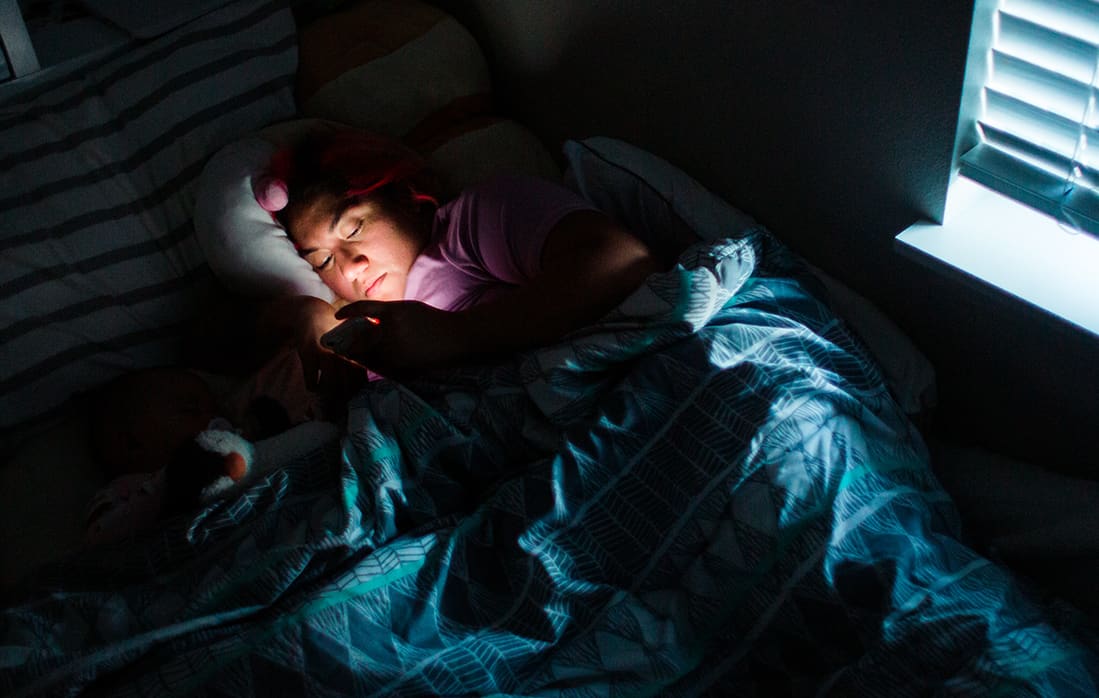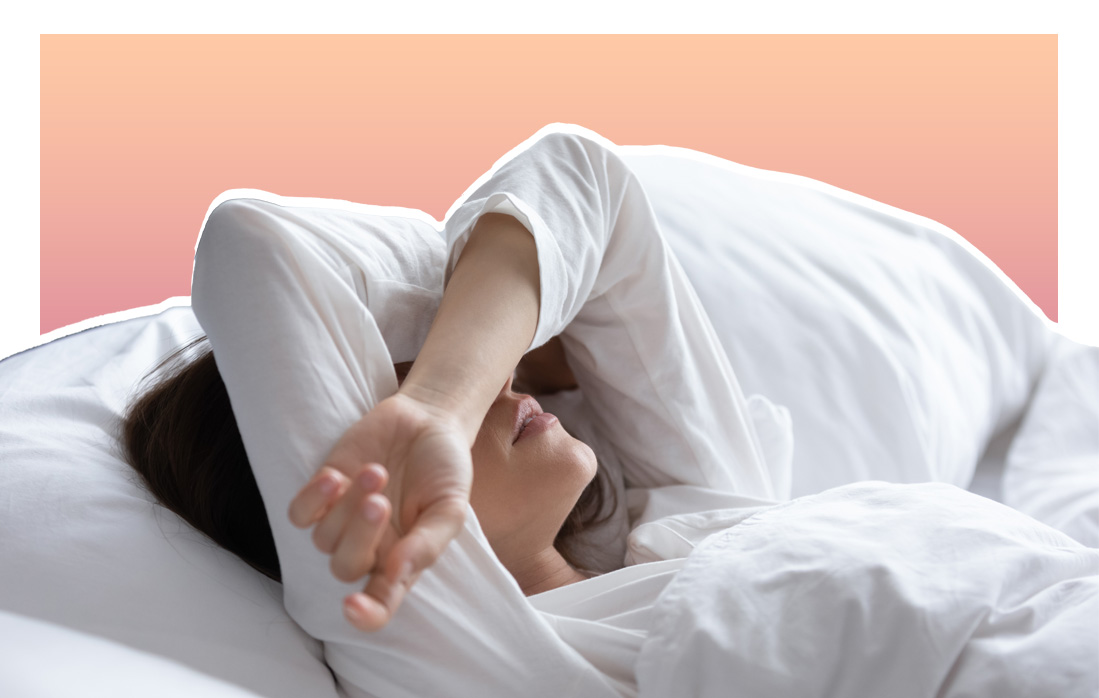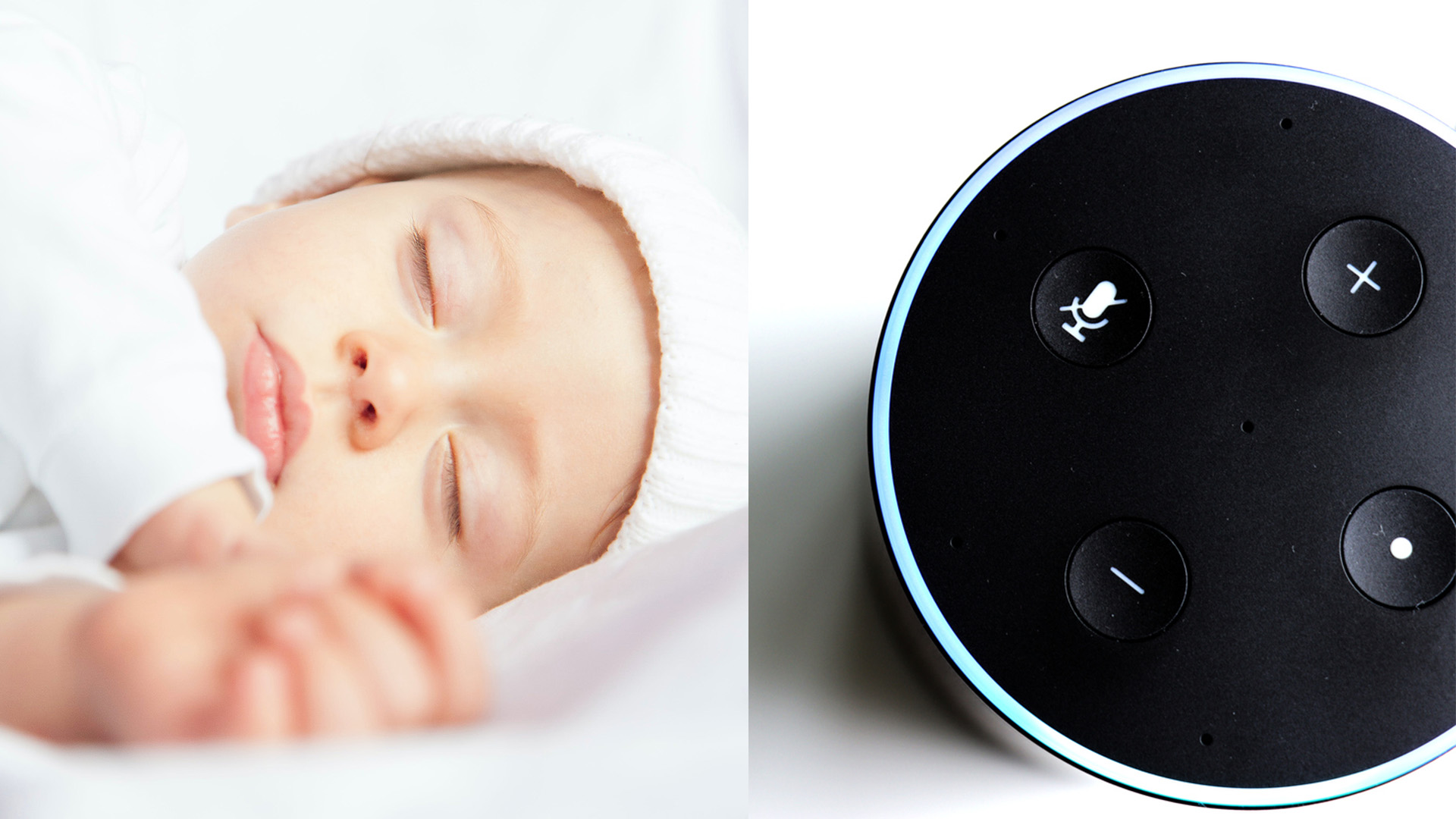
Anyone keeping up with a parenting magazine or two surely knows that babies can bring their parents joy and havoc in equal measure. And while there’s an abundance of research highlighting the deleterious effect babies can have on parental sleep habits and the toll it exacts on their mental health, investigations into how a shortage of zzz’s can impact road safety have been almost nonexistent — until now. Published at the tail end of 2023, researchers out of Australia found (almost unsurprisingly) that moms of infants with insomnia are at a higher risk for crashes. (1)
The Study
Using a small sample of participants (54 women), researchers set out to determine if (and to what extent) mothers of poorly sleeping infants were at a higher risk for vehicle crashes than mothers of well-sleeping infants and women with no children at all.
Mothers were considered “sleep-deprived” if their infant was aged six to 23 months and met the criteria for insomnia as outlined by the American Academy of Sleep Medicine; this includes
- A sleep-onset latency of 30 minutes or more (1)
- Wake time after sleep onset (WASO) is 30 minutes or less
- Two or more awakenings per night
All study participants were aged between 21 and 40 years old, all held valid driver’s licenses, and none were employed as night shift workers.
The data collected for the study came from a series of 25-minute simulated driving tests and self-reporting on sleep and driving behavior using a Driving Behaviour Questionnaire, sleep diaries, and other questionnaires.
The Results: More Swerving and High-speed Driving
The study found the moms of infants with insomnia “demonstrated greater lane deviation” (more swerving within their lane) than the other two groups, and the sleep-deprived group had a higher maximum speed than the group with no children.
In terms of swerving, researchers noted that the magnitude of lane deviations was remarkably “similar to that documented in drivers with a blood alcohol level of 0.08 percent and 0.11 percent compared with sober drivers.” (1)
Pairing these two factors, the researchers concluded that sleep-deprived moms are at a higher risk for car crashes.
Why Do Sleep Issues Disproportionately Affect Mothers?
Just as the researchers noted in their discussion, Carleara Weiss, Ph.D., MSH, RN, and Sleep Science Advisor for Aeroflow Sleep tells Sleepopolis that moms do more active caregiving than fathers. And when we pair that with the fact that moms bear the brunt of the mental load for the family, it’s no surprise that the adverse effects of sleep deprivation can impair their performance of applied tasks like driving.
“Mothers are the primary caregivers and, therefore, more susceptible to sleep deprivation and its consequences, such as fatigue, slower reaction time, and impaired physical and cognitive performance, as demonstrated in the driving simulation test,” says Weiss.
“As primary caregivers, moms wake up more often to breast or bottle feed, change diapers, or care for a sick child,” Weiss says, and that’s just the physical aspect of mothering. Emotionally, she adds, “Mothers also carry the mental workload that includes planning meals, clothing, school or daycare activities, doctor visits, commutes, and playdates while also managing the household, their careers, and personal life (not to mention their partners, other children, pets, and elder parents, too).” Needless to say, the invisible workload associated with these can be incredibly challenging, even on a good day.
How Can Moms Get Some Sleep?
As a sleep scientist and a working mom, Weiss shares tips for helping moms get the sleep, rest, and self-care they need.
Nap When the Baby Naps
We’ve all heard it — “sleep when the baby sleeps.” Great advice, but sometimes it’s easier said than done. Weiss says, “Moms should take it when they can get it, even if that means only napping over the weekend. A short daytime nap can be beneficial for those who are sleep-deprived.” She adds, “Typically, we recommend 30-minute naps before 3 p.m. However, moms could take advantage of this for extended periods.”
Try Some Bright light therapy
Drifting through your days sleep-deprived and low on energy doesn’t have to be the status quo. Weiss suggests getting out into the sunlight each morning to combat the effects of your child’s erratic sleep schedule. “Morning bright light therapy can promote alertness and improve your mood and sleep cycle consistency,” she says. (2)
Create a Bedtime Routine (For Baby and Mom)
Weiss suggests that parents follow the sleep recommendation guidelines outlined by the American Academy of Sleep Medicine (AASM) and create a bedtime routine accordingly. (3)
“For example, for 10 hours of sleep, bedtime can be 7 p.m., and the bedtime routine (dim lights, reduced stimulation, a warm bath, new diaper, and feeding) can start at 6 – 6:30 p.m.,” says Weiss. “Mom should also have a bedtime routine to allow their brain to unwind from the day and childcare duties before bed.”
Automate and Delegate
“This could be a far stretch and may not fit every family for financial reasons,” says Weiss. “However, automating and delegating can go a long way toward reducing the invisible workload for moms. For example, use Instacart instead of grocery shopping. Or give the grocery list to your partner. Subscribe to Amazon delivery for the usual household items and pet food. Your usuals will arrive at your doorstep without needing constant assessment and planning.”
Make Time for Self-Care and Prioritize Your Mental Health
Weiss reminds moms to “put the oxygen mask on themselves first.” And no truer words have ever been uttered — we can’t take care of anyone if we’re not physically or emotionally equipped to do so. Noting that it can and will look different for each person, Weiss encourages moms to lean into their own self-care. “Whether it’s a 15-minute workout, a massage once a month, or a cup of coffee with a friend, make room for it, regardless of what it may look like for you this season,” she says.
How Can Dads Help?
While the brunt of caregiving is typically on the moms’ plate, Weiss says, “Dads can (and should) take over household tasks such as cleaning, laundry, grocery shopping, and other childcare duties where possible (such as changing diapers and burping the baby). Although largely invisible, these tasks are time-consuming and most certainly increase mom’s burden.” Helping Mom with any of the above is an easy way to help her carry the load.

Do You Have ‘Momsomnia?’ It Might Be Impacting Your Sleep

Insomnia, Fatigue, and Depression: The Trifecta That Postpartum Moms Can’t Easily Escape

Are We Accidentally Getting Children Addicted to Sound Machines For Sleep?

Beating Postpartum Insomnia: Our Expert-Backed Tips
Sources
1. Kahn, M., Irwin, C., Pillion, M., Whittall, H., Fitton, J., Sprajcer, M., & Gradisar, M. (2023). Sleepless on the road: Are mothers of infants with insomnia at risk for impaired driving? Journal of Sleep Research, e14083. https://doi.org/10.1111/jsr.14083
2. Teicher MH, Bolger E, Garcia LCH, et al. Bright light therapy and early morning attention, mathematical performance, electroencephalography and brain connectivity in adolescents with morning sleepiness. PLoS One. 2023;18(8):e0273269. Published 2023 Aug 22. doi:10.1371/journal.pone.0273269
3. Publications.aap.org. (n.d.-b). https://publications.aap.org/aapnews/news/6630/AAP-endorses-new-recommendations-on-sleep-times?autologincheck=redirected
4. Weiss, Carleara. Author interview. January 17, 2024.
